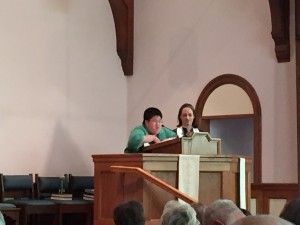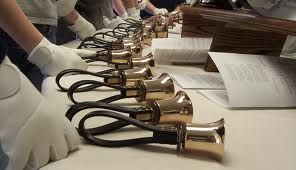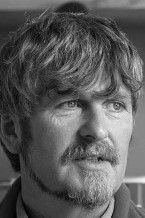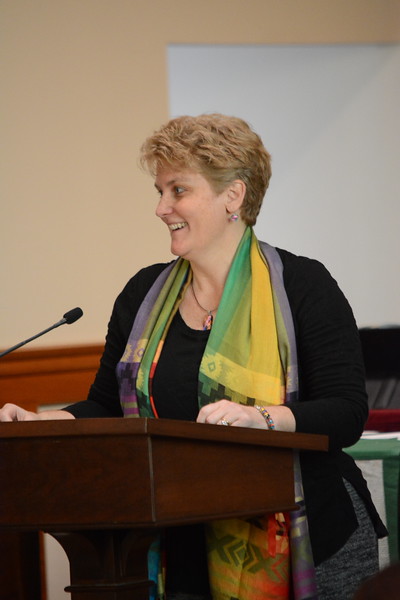
On Sunday, we sang this old familiar hymn with a bit of a twist with lyrics adapted to fit the themes that the Youth so eloquently brought forth to the congregation as they led worship together.
Blessed assurance, Godís love is mine. Oh what a free gift, from the divine. Known for who I am, called to be me Born of the Spirit, loved tenderly.
This is my story, this is my song. Living in Godís love, all the day long. This is my story, this is my song. Living in Godís love, all the day long.
When I feel doubtful, alone, or afraid
Longing for comfort from friends who have stayed Close by my side and – who see the real me Blessed child of God, I – am thankful and free.
This is my story, this is my song. Living in Godís love, all the day long. This is my story, this is my song. Living in Godís love, all the day long.
Filled with Godís goodness, all is at rest
Mind, body, and soul are peaceful and blessed. Jesus walks with me, holding my hand
Called to share Godís love, throughout the land.
This is my story, this is my song. Living in Godís love, all the day long. This is my story, this is my song. Living in Godís love, all the day long.
*We also discovered an amazing history of this beloved hymn. Read on!!
Fanny Crosby: Legendary Methodist Hymn Writer (1820-1915)
ďBlessed AssuranceĒ is one of the most beloved songs in the United Methodist Hymnal. The person who composed this classic, Fanny Crosby is credited with writing 8000 hymns in her lifetime–despite losing her sight six weeks after birth in 1820. This blind, musical visionary was a lifelong Methodist who began composing hymns at age six. From the age of 15, Crosby attended the New York Institute for the Blind and later joined the faculty and met her husband there. Alexander Van Alstyne, blind himself, was supportive. He often transcribed his wifeís poems since Crosby could not write and composed the lyrics entirely in her mind.
The Rev. Alfred T. Day: ďFanny Crosby was not held back at all by her blindness. And probably the words of her poetry and hymns helped more people to see and know and experience Jesus as anybody with two working eyes and 20/20 vision.Ē
Crosbyís writings never brought her wealth. She was often paid just a dollar or two per poem with the rights to the songs being retained by the composer or music publishers. At one point, the songstress was destitute but Crosby wrote in her autobiography that the songs were Godís work and not for profit. Any royalties she received were often donated toward the mission work she championed with prisoners, homeless people, immigrants and the poor. Crosby was most drawn to her denominationís work with the marginalized and her songs spoke to social issues of the day including the temperance movement and the campaign against child labor.
Middle class women in nineteenth-century United States had little voice in worship, however. One of the only ways for a woman to claim the authority to be heard was by direct personal revelation from God. Fanny Crosby readily claimed God’s personal revelation as a source for her hymns; her personal revelation then became a communal inspiration as Christians throughout the world sang her hymns and confirmed her faith experience as their own.
So it is in honor of Fanny Crosby, and in the spirit of inclusivity, that we sing this song today.
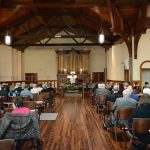
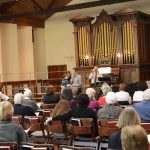

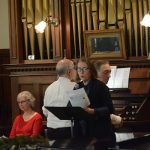
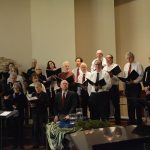
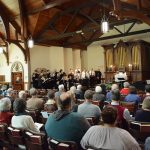
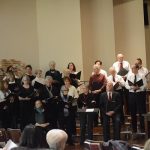
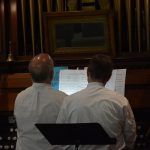
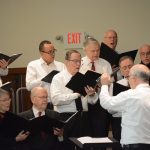
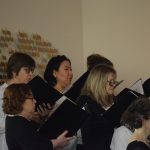
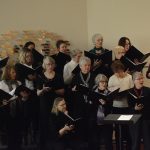
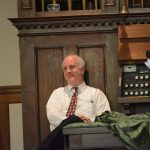
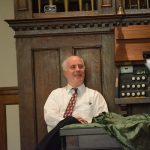
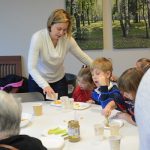
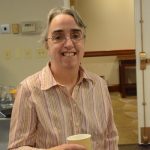
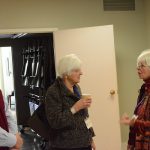
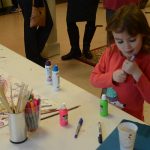

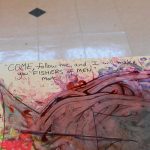
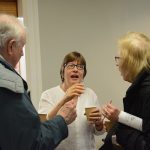
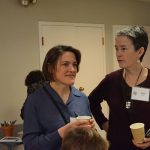
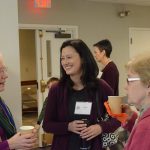
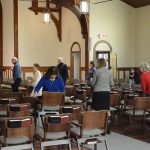
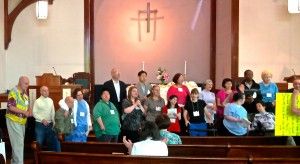 † † “Draw the circle wide, draw it wider still.
† † “Draw the circle wide, draw it wider still.
